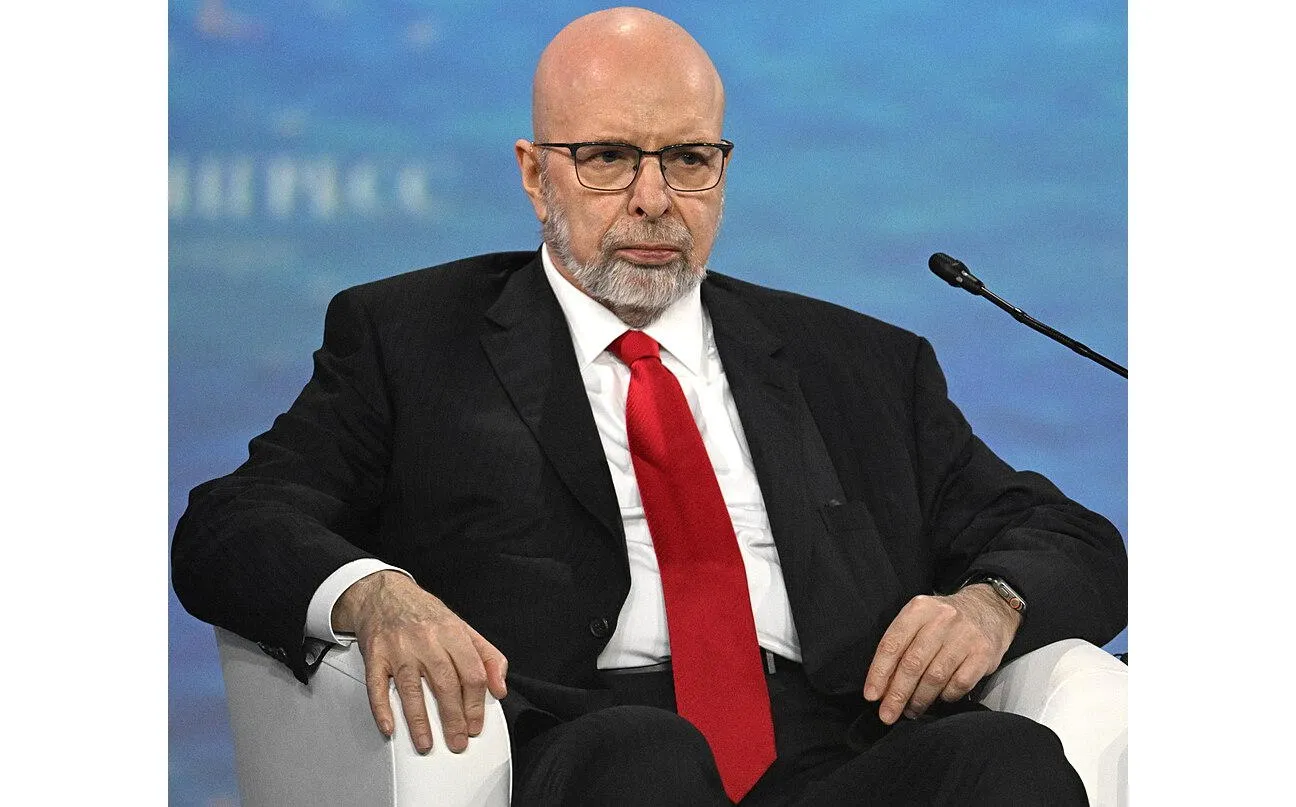The U.S. and Germany issued a joint statement yesterday, announcing that the U.S. will be deploying its Multi-Domain Task Force to Germany, episodically, starting in 2026 as part of preparation for the permanent stationing of long-range missile capabilities in Europe in the future. “When fully developed, these conventional long-range fires units will include SM-6, Tomahawk, and developmental hypersonic weapons, which have significantly longer range than current land-based fires in Europe,” the announcement says. “Exercising these advanced capabilities will demonstrate the United States’ commitment to NATO and its contributions to European integrated deterrence.” The SM-6 missile has a range of 240-460 km, but the Tomahawk, depending on the version, has a range of 1,600 to 2,500 km, giving it the capability to directly threaten Moscow from Germany.
Moscow is already warning that Russia will have to respond. “The nature of our reaction will be determined in a calm, professional manner,” Deputy Foreign Minister Sergey Ryabkov told reporters in St. Petersburg, this morning. “The military have already begun working on the matter. We will, of course, analyze which specific systems will be discussed…. We will determine a military response to this new threat,” Ryabkov said, reported Sputnik.
Russia’s Ambassador to the U.S. Anatoly Antonov, in a statement issued this afternoon, called the announcement a “serious mistake” and warned, “Such extremely destabilizing steps pose a direct threat to international security and strategic stability.”
“Americans are increasing the risks of a missile arms race,” Antonov said. “They forget that tying a knot of confrontation can become a detonator of uncontrolled escalation against the backdrop of a dangerous escalation of tensions along the Russia-NATO line.
“President of the Russian Federation Vladimir Putin has repeatedly stressed the need for active efforts to reduce the lack of trust, strengthen global and regional security, as well as to reduce the risks arising from misunderstandings and disagreements in the missile weapons field. The decision to deploy the long-range fires capabilities in Germany starting from 2026 totally depreciates Russia’s commitment to the moratorium on the deployment of ground-based intermediate- and shorter-range missiles.
“Instead of striving for peace which Russia has demonstrated repeatedly, the Americans have embarked on a dangerous path of militarism. No one here gives a thought about minimizing the negative consequences of the collapse of the INF Treaty. Washington has once again demonstrated a grasping desire to achieve its own military superiority.
“I would like to emphasize that Russia’s tolerance for provocations against the security of our country is not unlimited,” Antonov concluded. “Do they really not understand in Germany that the appearance of the U.S. missile strike capabilities on German territory means that these capabilities will wind up in the Russian crosshairs? This is not saber rattling, but the simple logic of an ordinary citizen. It does not take to be a military expert to understand all the possible consequences of the missile arms race in Europe.”




